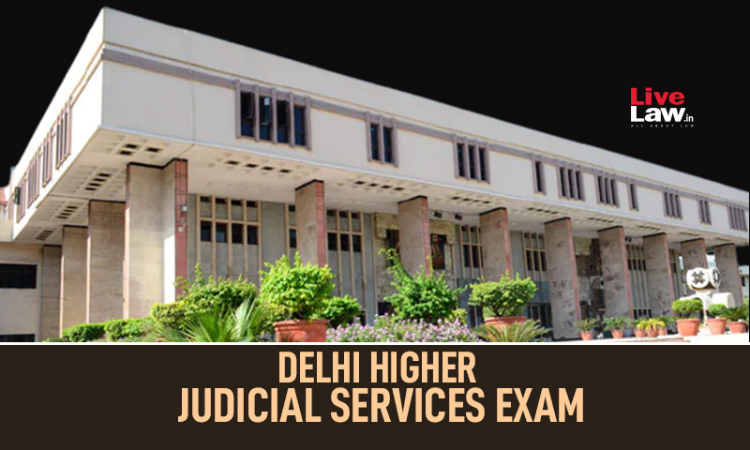The Delhi High Court has dismissed a plea challenging the constitutional validity of the recently-amended Rule 9(2) of the Delhi Higher Judicial Service Rules, 1970."In view of the decision of the Supreme Court in Dheeraj Mor v. Hon'ble High Court of Delhi, we are unable to accept that Rule 9(2) of the Rules, as set out above, falls foul of Article 233 of the Constitution of India. On...

